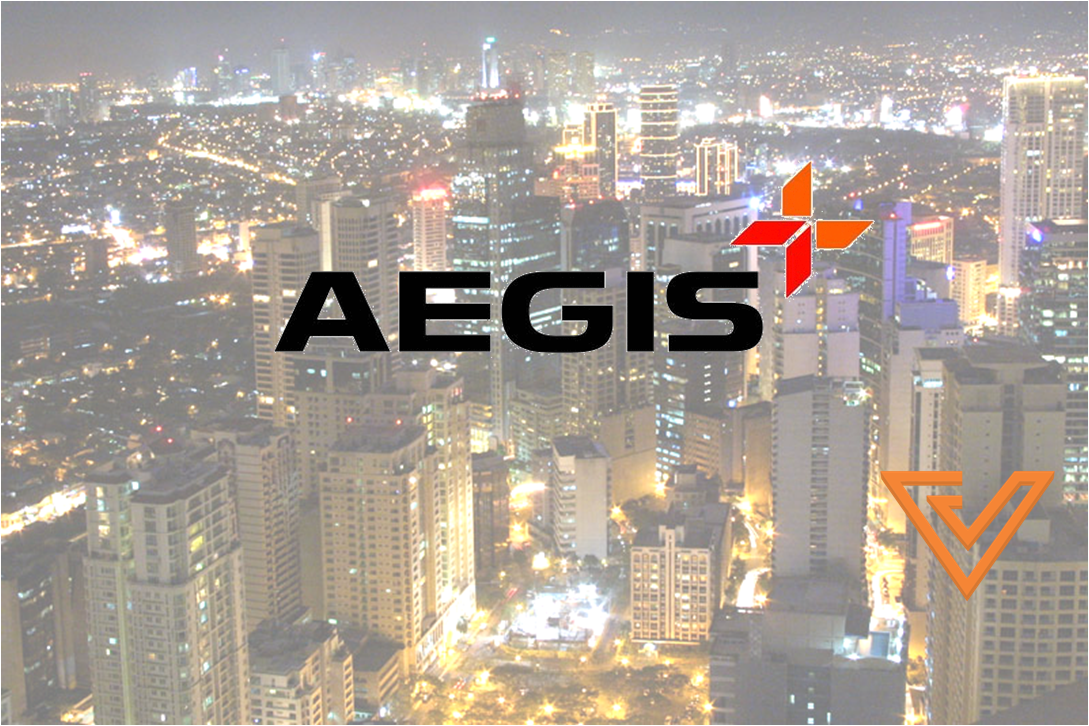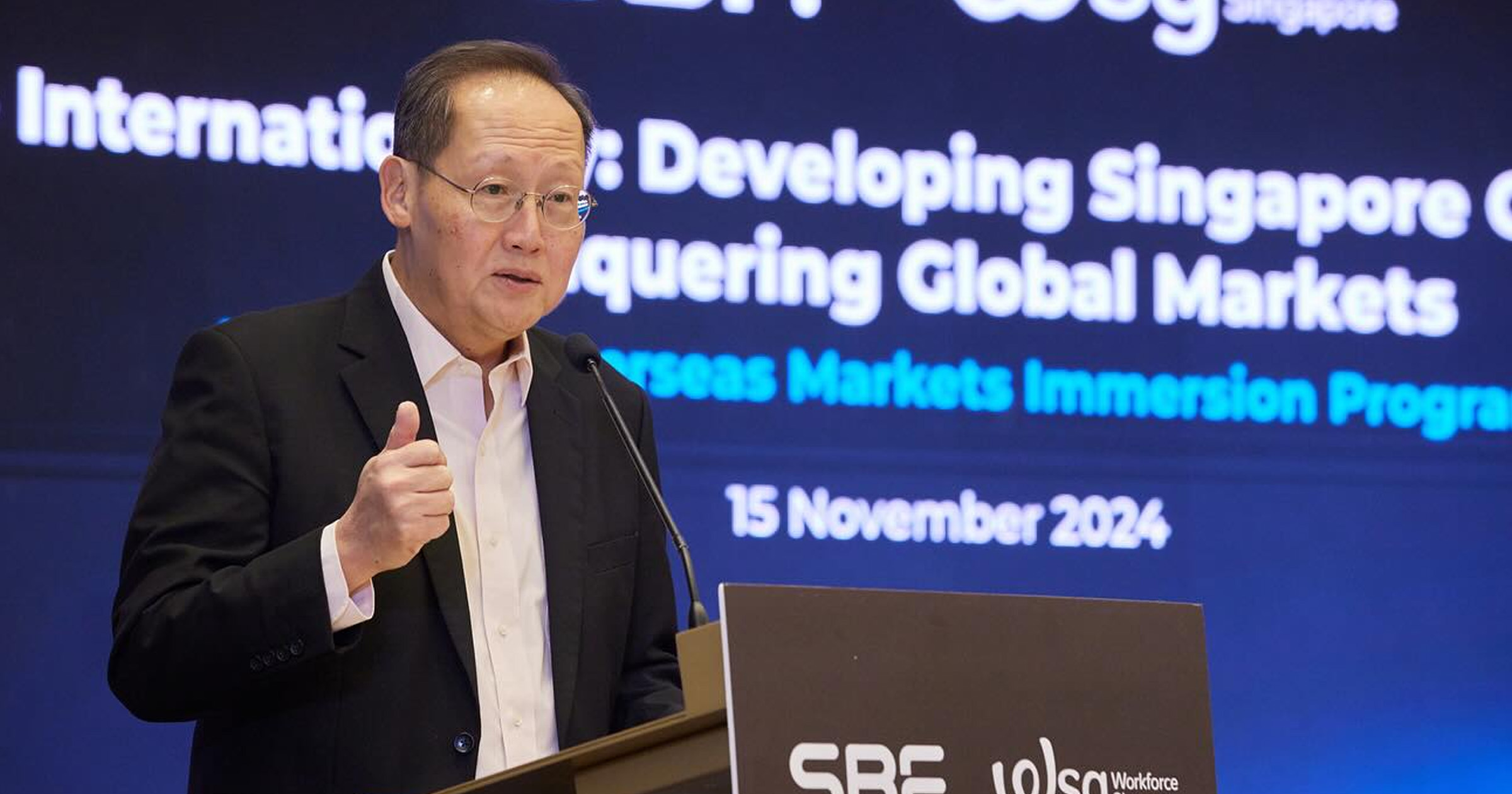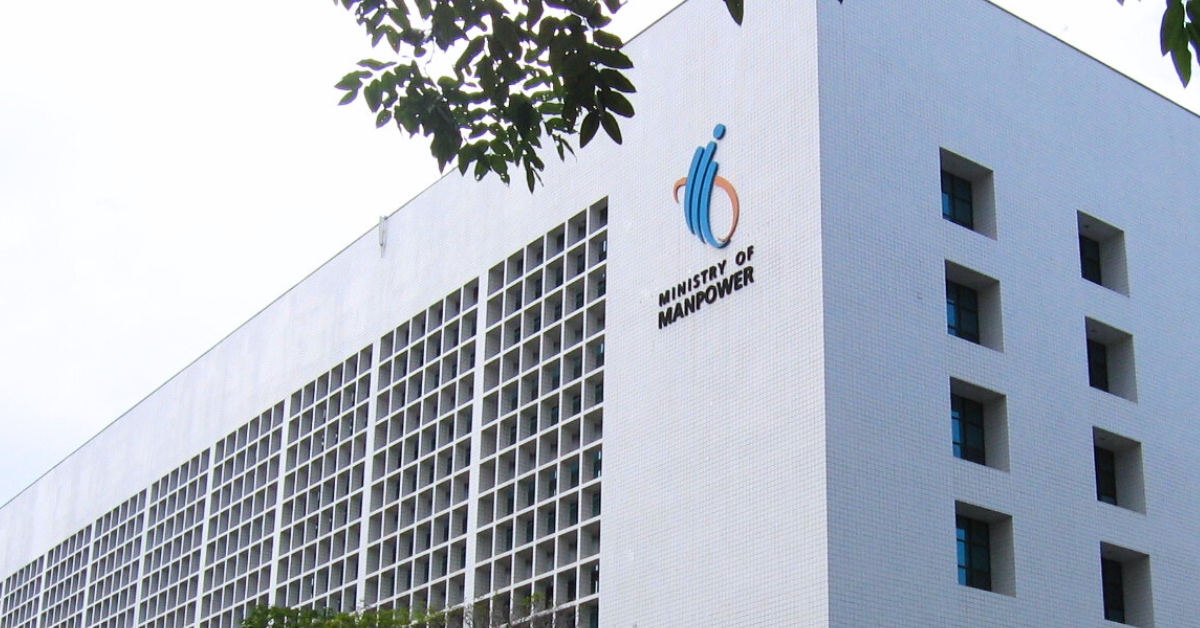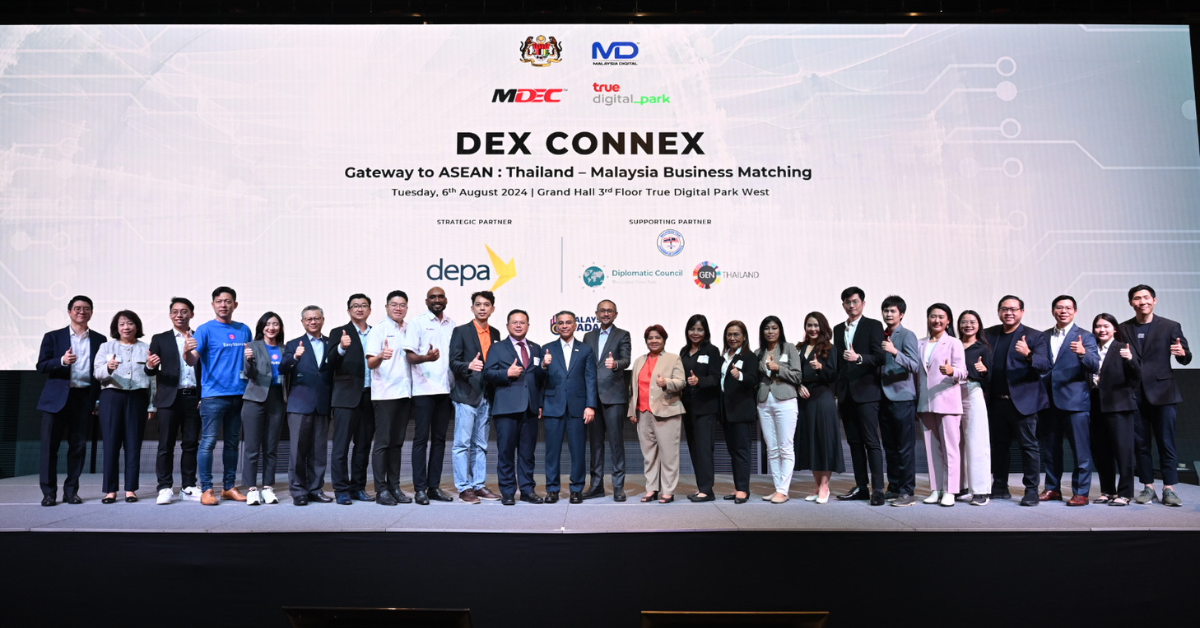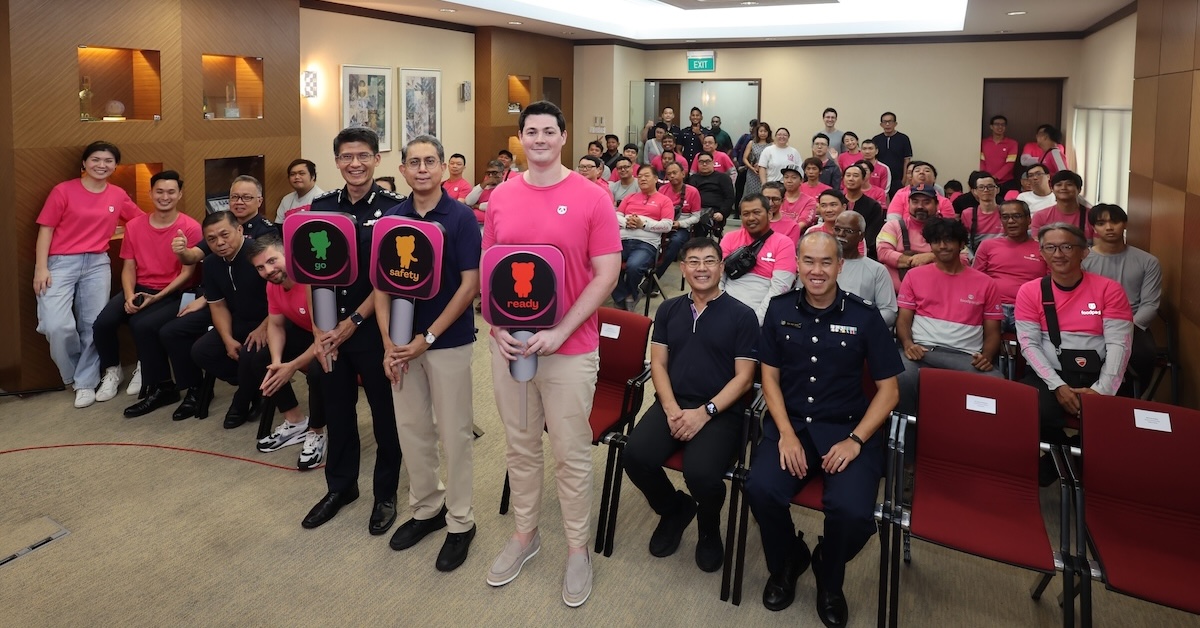Aegis Limited is a Malaysian-based company engaged in Business Process Outsourcing (BPO). For those who’ve yet to know, outsourcing is the process of transferring the operations and responsibilities of a certain business division to an outside provider. For example, if a company does not have an advertising department to create TV ads, it can usually contract a third-party advertising firm to do the job. Such is the process of outsourcing.
For the past decade and a half, customer service and technical support are two business segments that are being outsourced by Western nations to Asian countries. Primarily this is due to the lower cost of business here than in the west. For example, American computer company Dell outsourced its customer service and tech support in the Philippines. Dell call centers in the country primarily attend to the queries of Dell customers in the United States and Europe.
Perhaps to some people in the west, it can be just another industry. However, in countries like the Philippines and India, BPO, especially the call center segment of the industry, drives economic growth. In fact, a certain percent of these countries’ GDP are due to the presence of call centers within its metro cities. The call center industry generates thousands of jobs in the Philippines every year, and revenue from the industry is expected to increase by 2016.

Because of that, call centers are not just another industry in the country. It has become a driving force that enables young educated Filipinos to help and improve their families’ living condition.
And that is perhaps the very reason why many in the Philippines are now angry with Aegis.
Aegis Limited, as mentioned earlier, is a Malaysian-based BPO. Before it was in Malaysia, it had operations in the Philippines after it merged with another big call center in the country way back in 2008.
So what’s the deal here? The company uploaded an advertisement that seemingly puts the Philippines in an unfavorable light.
The video effectively promotes Malaysia as a preferred investment destination rather than the Philippines. While nothing is out of the ordinary, the video went on to talk about how the country’s bureaucracy, inadequate structure, and costly business processes make it not delightful compared to Malaysia, which has flexible business policies. Watch the video below to further understand the gravity of this.
It’s like they’re saying to their would-be clients, “Do not outsource in the Philippines. Outsource in Malaysia with Aegis, because we are in the better country.”
Of course, not everyone is pleased.
Very poor marketing strategy Aegis Malaysia. Pointng out another country's weaknesses to emphasize your supremacy is beyond unacceptable. ?
— Dawn Cuevas-De Vera ? (@dawn0ftomorrow) September 22, 2014
WTF! “AEGIS: Malaysia better than the Philippines?!
We Respect Malaysia, but for AEGIS… Such a Lame Act!!
http://t.co/cltxoUupOe"— ????? (@angelreality) September 20, 2014
https://twitter.com/NoOtherNicky/status/513180726028533760
Honestlty, I doubt anyone will be pleased with the video.
But let us be direct here.
There is indeed a ring of truth to the allegations. Yes. There is corruption in the Philippines. There is red tape when establishing businesses and filing taxes. There are typhoons. There are floods (particularly in the site where Aegis was once located). I can go on and on about everything that is wrong in the Philippines.
But why put a country in bad taste just to promote your business? Why complain about the weaknesses of the country? As Derwin Parfan, a BPO director in the Philippines had said in his point by point response:
“What’s really ironic is you highlighted the Philippine’s weaknesses compared to Malaysia’s strengths without focusing on your internal strengths as a company. How can you fool new clients if they only know the edge of the country but not the vendor they will support?”
Many on Twitter also have the same insights as myself:
although true, do you have to put down the Philippines to get companies to outsource in Malaysia ? #Aegis
— kerwin go (@inkd_chef) September 20, 2014
Aegis why go down so low? It's ok to highlight the positives about investing in Malaysia but there's no need to put down a specific country
— Jose Rizal (@RizalPepe) September 20, 2014
That Aegis Malaysia hullabaloo could have been averted by simple video editing. To say it's in bad taste is an understatement.
— riven stays at home: #BahayMuna #BuhayMuna (@rivengodwind) September 24, 2014
Many former employees of Aegis Philippines had also expressed anger on social media. As noted earlier in the article. Aegis came to the Philippines when it acquired another BPO company. In this blog post, the author narrated how the transfer stripped them of some perks that they were previously enjoying. Other responses, especially from this other blog post suspect bad blood between Aegis’ experience in the Philippines and their employees’ reaction on their management style. Why are the other call centers not leaving the country anyway?
The Response
Amidst this PR nightmare, Aegis issued an apology that practically blamed the error on the agency that developed the said video. According to them, the video was not approved by Aegis and that they have enjoyed doing business in the Philippines.
The apology seems flimsy with the typical “blame it on others” rather than “we’re really sorry”. Issuing an apology is a responsible thing to do; but how that will be perceived is an entirely different thing.
There is nothing wrong with Malaysia. Perhaps I need to stress that statement. Props to Aegis for pointing out the country’s strengths, like its flexible policies and climate. You can check out all the wonderful things happening in Malaysia that Vulcan Post has covered. Although every country, I’m sure, has their strengths and weaknesses. And yes, that does include Malaysia as well.
The problem is (or rather was) Aegis itself, and how it promoted itself at the expense of its previous Southeast Asian home, and that’s where the public meltdown began, at least in the Philippines.
Butthurt Much?
The Aegis advertisement seems actually timely, and the Filipino response very contradictory.
For so many many months now, most of the popular topics in social media in the Philippines revolve around three things: Corruption, Traffic, and Government Red Tape. Everyday, we read reports about government officials diverting public funds for personal gain. We read about the long lines in our public railways or the traffic in our roads.
In one way or another, the Aegis advertisement hit a nerve. It pointed out almost everything that’s wrong in the country. Truth be told, Filipinos are very sensitive when a foreign national pokes fun about anything about the country, be it our medical schools or women. Whether that trait is a good thing or not, we can leave that discussion for some other time.
Does this mean that it is okay if we criticize each other from within the country but foreigners cannot do so?
The answer is to probably look at it this way: If you have a sibling, you probably wouldn’t mind teasing him and calling him names. However, if his classmates or friends start to do the same, you would probably get insulted and suddenly feel the urge to defend your sibling against others who are bullying him or her.

To cut it short. Perhaps it’s because we are family and we share a certain something called “race” and we know each other well; therefore we feel we have every right to criticize the government or the country’s situation because we are directly affected by it.
The Aegis advertisement, however, is different in that it is an underhanded way of promoting another country by stating the other country’s weakness. And no matter how you look at it, it’s still very unethical and that is the bottom line.
